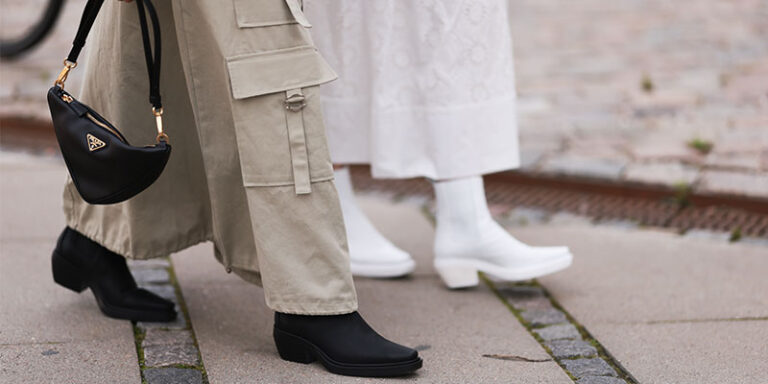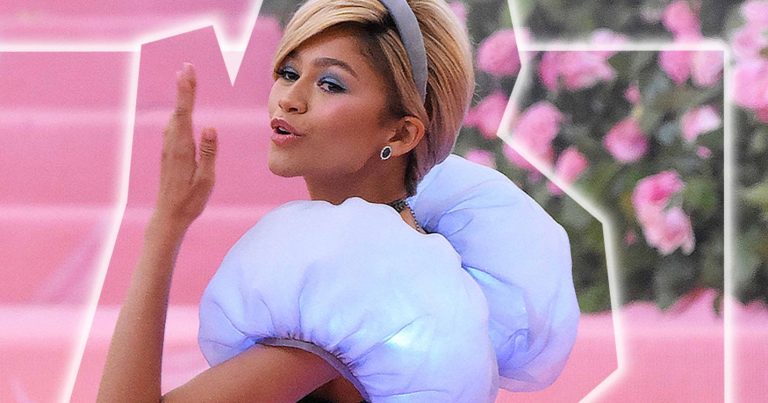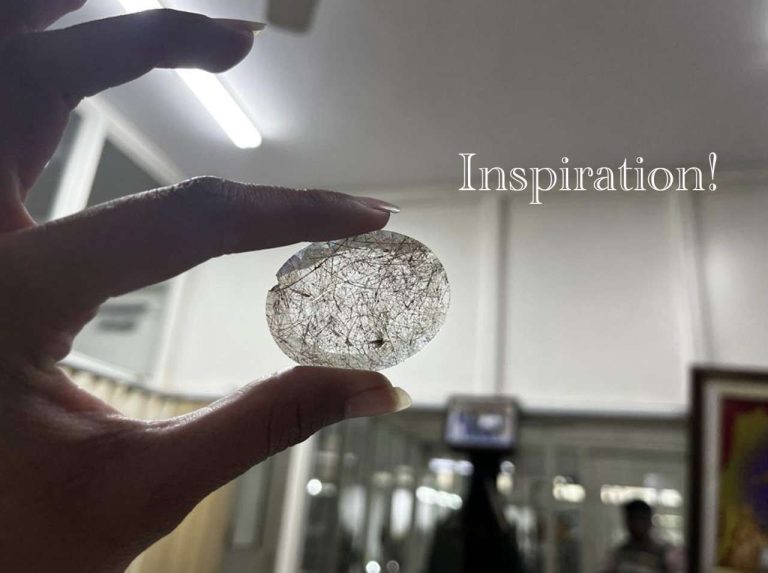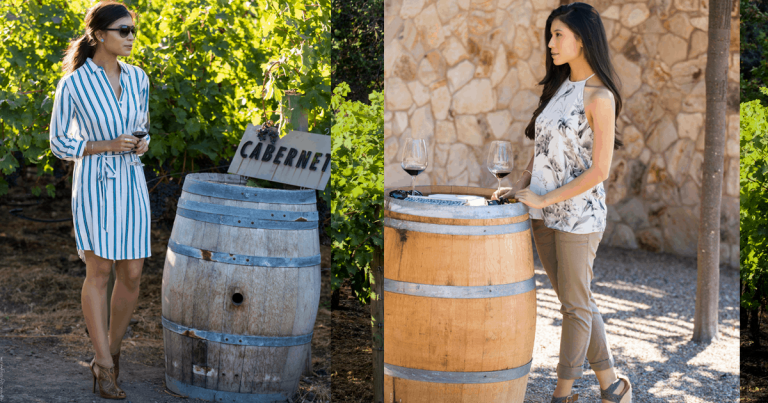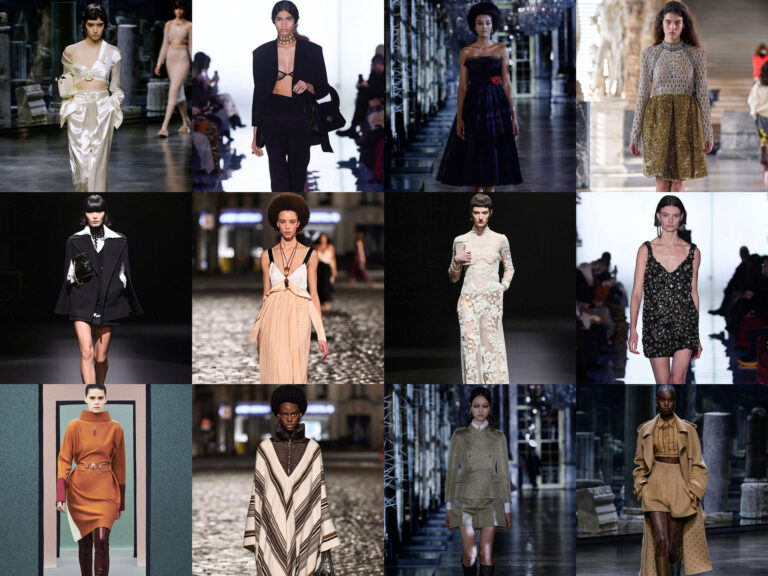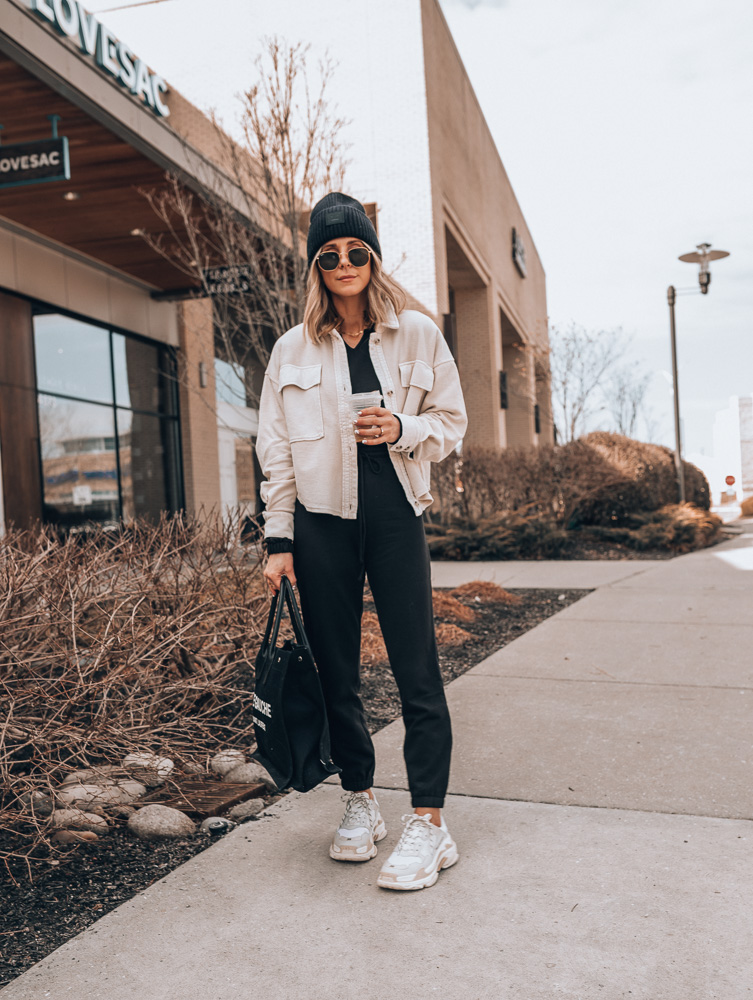These Top Asian Fashion Industry Voices Take a Stand Against Racism
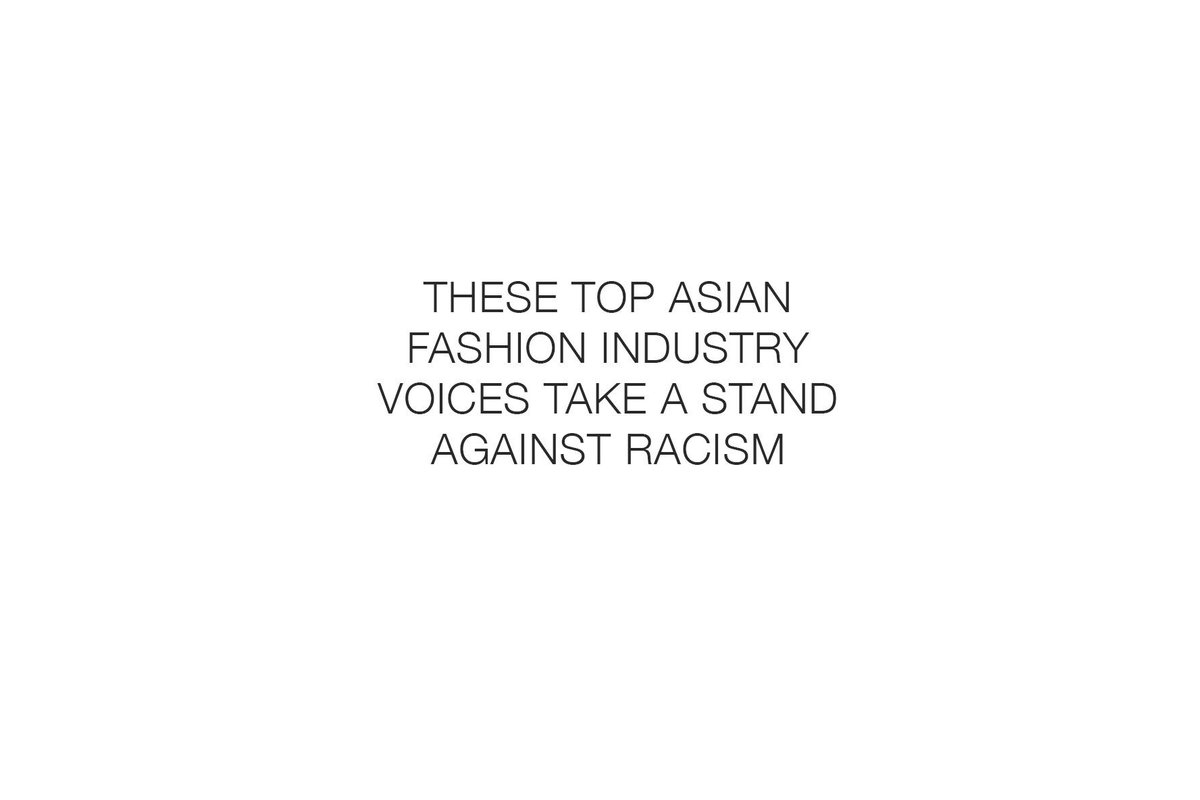
Posted by models.com | March 23rd, 2021
These Top Asian Fashion Industry Voices Take a Stand Against Racism
In 2020 as the world ground to a halt from the COVID-19 pandemic, the United States also struggled with issues heightened by Coronavirus that encompassed everything from systemic inequities to police brutality against Black and Brown citizens to growing violence exacerbated by the former President’s divisiveness towards anyone who was not in his “base”. Once hateful rhetoric hit airwaves, what quickly escalated was the amount of verbal harassment and physical assaults targeting people of Asian American and Pacific Islander descent. Only three months into 2021, the number of violent acts towards the AAPI community, many of whom were elderly or women, has skyrocketed to a number that is impossible to ignore by the media and the general population. With the recent mass shooting last week where 6 out of 8 people who died were women of Asian descent, comes the sharp realization that we must all work together to fight against xenophobia, not only in the United States but across the world. A few of the fashion industry’s well-known creatives and models have spoken out recently on social media to highlight their concerns and show where they stand on the matter. When top casting director Michelle Lee came to us with the urgency to provide a platform to the many in the industry that are lending voices to the cause, Models.com worked with her to gather the thoughts of these notable figures not only on the rise of violence but also on the existential questions of being Asian in America and the fashion industry.
Please support the AAPI community by donating through the
GoFundMe.org AAPI Community Fund.
Michelle Lee, Casting Director, Korean American
Racism towards Asians is not a new evil that was spawned by Trump and his anti-Asian rhetoric in 2020. While his hateful words did give racists license to unabashedly unleash their bigotry and violence upon the AAPI community, this is sadly nothing new in this country. Born and raised in the U.S.A, I distinctly remember the first time I was humiliated and made to feel like I was less than my white peers, in the 6th grade. It was a Friday night, my girlfriends and I were at Friendly’s getting ice cream, waiting in the parking lot for one of the mothers to pick us up, when a group of boys, all white, rode up to me on their bicycles. They surrounded me, pushing and pulling me, screaming racist slurs, everything from ‘your dad is a kamikaze pilot’, ‘chink’, ‘gook’, every hateful word imaginable, while I sobbed uncontrollably. My white girlfriends all stood in silence. When our ride arrived, the boys dispersed, and we all piled into the car in silence, me in tears, and our ride demanding to know what happened but no one said a word. While this is just one of the countless racist incidents I’ve endured in my life, while I have been the focus of men’s Asian fetish, while I have had to work exponentially harder than my white peers and live up to some Model Minority myth, I have never felt like I did in 2020-2021…unsafe. I never felt fearful for my elderly mother, my family, my Asian friends to simply walk down the street, until now. I never contemplated carrying pepper spray for protection against an assault, until now.
This Anti-Asian sentiment has long been rooted in the history of this country. We may as well be back in the 1800s when Chinese men were abused as indentured servants, Chinese women were banned from immigrating to the US, deemed immoral prostitutes (the real unspoken ban was on Chinese procreation), subject to one of the worst mass lynching in US history, and then eventually, Chinese immigration was banned entirely. Or back in the 1940s, which is not that long ago, when Japanese Americans were forced into internment camps.
It saddens and angers me that in 2021 we Asian Americans are still and increasingly face the same hatred that was bred then. The difference is that we are not staying silent anymore, nor are the non-Asians who stand behind us. I wish it did not have to take another mass killing, after thousands of other brutal assaults against Asians over the past year, but in the aftermath of the horrific murders in Atlanta of Daoyou Feng, Delaina Yaun, Hyun Jung Grant, Paul Andre Michels, Soon Chung Park, Sun Cha Kim, Xiaojie Tan, Yong Ae Yue, our AAPI voices we will not stand to be ignored anymore.
The movement that is taking shape now is not only so critical in this moment but for generations to come. From making our AAPI voices be heard at rallies across the country and continuously on social media, to using wide reach like Daniel Dae Kim speaking to the House Judiciary Committee to the growing AAPI representatives in government to President Biden condemning hate crimes against Asian Americans; people will not tolerate xenophobia any longer. There is not a single AAPI person who is not fluent in the struggle of the Asian American hate experience, but it thankfully has finally started to reach the consciousness of our Black, Brown, and White allies. Communication about our AAPI experience, our history, our struggle, our contributions, is imperative for us to stand our ground and make known that we are not the Model Minority, we are not Crazy Rich Asians, we are not white adjacent, we are not sexual objects, we are not statistically insignificant… we matter.
Tao Okamoto, Model, Actress and Environmental Activist, Japanese
I think the previous administration had a big responsibility to increase hatred in people to divide us, and I am hoping that will change soon. We should simply remember that most of us – including Caucasians – were immigrants on this continent once upon a time. So if you appreciate your ancestors, you can also respect and be empathetic to each other. The media should also support hiring us in magazines, TV, movies, and more, in order to wipe out old-fashioned caricatures and create authentic impressions of Asians throughout history.
Peter Ash Lee, Photographer and Editor in Chief of Burdock Media, Korean Canadian based in NYC
Although there have been many incidents, one that stuck with me was a time when I was asked to model for a denim campaign. While the manicurist was doing my nails she said in an exaggerated mock Asian accent to her assistant “To-day we work smaaart, not haaard”. I was so shocked that this happened on a large commercial set that I was left speechless, and I still feel deep regret about not having called out her racist behavior. It also surprised me at the time that no-one else spoke out or told her that what she was doing was very offensive, but now I realize that’s the problem, that Asian American racism hasn’t been taken very seriously.
Phillip Lim, designer, American of Chinese descent
It makes me very sad and I’m in disbelief that this is still going on in America. After all the pain and hardship this country has already experienced, there is still systemic racism that is a poison we need to be rid of in order to truly progress as a nation.
People have said some extremely offensive things because they found out I didn’t speak English and naturally made an assumption that I didn’t understand the language at all.
Gia Kuan, founder of Gia Kuan Consulting, born in Taiwan, based in NYC
I’d always been curiously minded but at the same time, always understood myself as an outsider/BIPOC individual looking into fit into vast environments. As I grew up I had faced many struggles with microaggressions or xenophobia from not only being the new kid on the block but always one of the few Asian kids in the mix and had seen this in the context in the US but also beyond in other cities. By the time I started my career I had finally grown to fully be confident in myself, to be proud of my identity, and not having to bend through to fit in and subscribe to other systematic racial prejudices. In my practice, I continue to challenge that and maintain curiosity through the representation of my other clients, very much also through my own lived experience as a BIPOC/AAPI female entrepreneur.
It is shocking to see a spike in hate crimes, especially in a city like New York. This city is a melting pot of different cultures and all of them deserve equal respect. I’ve had serious thoughts about purchasing pepper spray to keep with me, especially being a woman in the city.
Hung Vanngo, Makeup Artist, American of Vietnamese descent, based in NYC
[On raising awareness of Anti-Asian Violence] I was one of the earliest in fashion to embrace social media and it’s a great medium to reach a lot of people. You can post 100 posts on something but you also have to be proactive. Donate or volunteer. I say to my friends, when you have an IG account and you have a blue checkmark, that comes with responsibility. On the other hand, when people send me material to post and say “I don’t have any followers”, I tell them, “you should put something up as well…if you can even reach one person and that one person can reach another, and we all do that, we can reach millions of people to raise awareness of important movements like BLM or #StopAsianHate.”
Chella Man, Model and Artist, Jewish Chinese
A frequent aggression is tokenization. When we are uplifted for the trend rather than true care for our community and personhood. I encourage all to set time and energy aside to educate themselves on ways to support and respect our communities.
David Chen, Casting Director, Chinese American
I often sensed there is this idea of the “model minority” projected upon Asians in the workplace, and we are treated almost as efficient robots. I have been lucky to not experience much discomfort at work but some of my friends in the industry have had uncomfortable experiences with microaggressions.
Irene Kim, Model, Designer, and Digital Creative, Korean
I think we can use more Asian representation in the industry and have more Asians in leadership roles in fashion. I feel like it was a “trend” to have Asians in editorials and campaigns due to market interests, but diversity should be organic, inclusive, and reflective of society-don’t just use us as “seasoning.”
Tao Okamoto, Model, Actress, and Environmental Activist, Japanese
One memory that sticks out is when I was cast for Vogue China’s 5th-anniversary issue cover shoot. I was the only Japanese model among the four other Chinese models. I was concerned about getting backlash from the Chinese audience, or perhaps some Japanese as well, since they might’ve assumed that I pretended to be Chinese in order to get a big job. Prior to this cover opportunity, I was actually once written as being half-Japanese and half-Chinese for a feature in the same magazine, which was not true. When I told my concern to my agent at that time, he told me that I was being silly and that it doesn’t matter as long as we all looked the same. I wasn’t given a choice, and I didn’t feel there was respect. I ended up doing the shoot because I had no power to say no, but I still wonder to this day if that was the right decision to make.
Anh Duong, Model, Actor, and Artist, Vietnamese Spanish
I haven’t experienced it directly but realizing that for most of my career I have been type-casted as the “exotic beauty” showed me it was just a nice way to say “You actually do not belong here” and that I am not fully accepted by the “standard” norms of beauty. Lots of doors remained closed because of my mixed race, people didn’t know how to cast me and what brands I could represent.
Philip Huang, Model, Designer, and Dyer, American of Taiwanese descent
Growing up in America, Asian hate crimes have always been part of almost every Asian American’s life experience. The most important message in all of this is that no one is left behind, we can all relate to some form of racial discrimination growing up here. I believe we could all work together as an Asian community in America (which has never happened in the past at least through any of my personal experiences) and help each other thrive. Our backgrounds are vastly different and our perception of the world embodies our eastern roots while existing in western culture.
Jonathan Shia, Models.com Men’s Editor and Editor-in-Chief of Cero Magazine, American of Taiwanese descent
My parents are immigrants from Taiwan who have lived in the United States for nearly forty years, and it is only in the past twelve months that I have been worried for their safety from racist attacks. Having grown up frequenting Chinatowns in New York, San Francisco, and London, I am used to seeing elderly Asians out on their own running errands, socializing with friends, or working on their own, which makes them particularly vulnerable to attack. The constant risk of attack against someone who looks like they could be a family member of mine is something I have had to become alert for over the past few months, and I recognize the privilege I hold to only have become aware of this threat recently.
Greg Chan, model agent, Chinese American based in New York City
We’ve been taught our entire life to just fit in. Just be quiet, and polite, don’t speak up or cause trouble. Be invisible. But even as a child I had so much more I wanted to say that I didn’t feel I could, things that I wanted to scream out loud, that I did NOT want to just lay down and be a pushover to anyone. I would even argue I experienced feelings of shame as a child of being Asian in a predominantly white community because I just wanted to fit in and I didn’t want to feel weaker or less important than anyone else. As I grew older and more powerful, I willed myself to pursue a career and a life that wasn’t conventional, a bit dangerous, perhaps everything not Asian, to rise above this invisibility. That turned into success.
Anonymous Agent
In my early years in the industry, an unspoken concept I will hereby dub as “Quota Casting” felt quite rampant across our business. With the advent of the internet, it was incredibly easy to scout and develop talents from all over the globe, and most of the top agencies actually had fairly diverse rosters. However, that was seldom reflected once names and faces filtered through casting directors, stylists, photographers, and brands. I’ve been present at many in-person castings myself during that era and witnessed firsthand how diverse any talent selection pool actually starts out. Yet somehow, you’ll always end up with a rather “strict” number of 0-3 models of color on the runway or within magazine pages. I won’t pretend to not understand why decision-makers filtered things down that way – it’s evident that this “0-3” number was, for a long time, “sufficient” for them.
In terms of Asians specifically, I’ll leave one simple food for thought for those familiar with the industry: between the era of the iconic Du Juan and the current day, try to recall at least ten covers, campaigns, or editorials (Yes, leaving the options wide open here) from non-Asia-based publications/brands that star a model OR celebrity of Asian descent. SOLO. Having trouble? Yeah, so am I.
Hung Vanngo, Makeup Artist, American of Vietnamese descent, based in NYC
During the early part of the pandemic, multiple times, when I called for an Uber, they would drive up, take a look at me and then just drive off. People in my culture, like my mother and my sisters, are normally very quiet and in the past have said to me: “Mind your own business, we don’t want you to get in trouble.” But it’s important to be heard. After what happened this week in Atlanta, many Asians are realizing that we have to say something, we have to do something. Before, when I would post about standing against racism or supporting BLM, they would not understand why I would do it. But after what happened, I saw them start posting and I’m glad they’re finally starting to do something. When I posted about how to be an Asian ally, quite a few celebrities reposted it who normally don’t repost like actress Ellen Pompeo, for example. It just goes to show you that when you raise your voice, people hear it and respond.
Despite being the fastest-growing minority group in the country according to Pew research, AAPIs are heavily underrepresented in America. We also struggle with the stereotype of “perpetual foreigner,” the idea that no matter how long Asian Americans have lived in the US, they are constantly viewed as foreigners. These sentiments manifest as small daily encounters. As for myself, I’ve trained myself not to be bothered by microaggressions, as I believe that most of these are not malicious, and are simply a matter of education or worldliness. Plus if I let things like being told that I speak good English— despite having lived in this country for more than half of my life—bother me, I probably wouldn’t be able to get out of bed to go outside in the morning.
Gia Kuan, founder of Gia Kuan Consulting, born in Taiwan, based in NYC
[Microaggressions] come in many forms but in the earlier days much of this conversation was about representation and leadership –– to not only be a young business owner but also a woman who identifies as BIPOC/AAPI and a late immigrant to this country; it definitely came with struggles whether it was being perceived as an outsider or one who did not come with the conventional pathway of fashion lineage, or is not some who speaks the way a ‘publicist’ is expected to speak. It wasn’t easy but I continued to pursue my path disregarding the conventional stereotypes. The second obstacle came when I was coming up with the name of my consultancy, which is now just my full name; I’ve had initial feedback whether pursuing that was a brave and risky move due to the fact that my full name exposes my heritage and race; whether having an Asian last name at the forefront of my consultancy would limit me to any client opportunities. I chose to defy and challenge that.
Tao Okamoto, Model, Actress, and Environmental Activist, Japanese
When I was modeling full-time which was 10-15 years ago, working in Europe was still very challenging. We were often hired as “accents,” and not because of who we all are individually. Being mixed up with other Asian models happened all the time, and not many people seemed interested in the difference between the countries in Asia. On the other hand, I think the American fashion industry was more understanding of Asian models, and I think that’s because we continue to have a number of successful Asian/Asian-American designers who recognize and appreciate us on a different level.
Phillip Lim, designer, American of Chinese descent
The louder we speak, the more people will hear us. This country sometimes has a tendency to place blame and this won’t fix the issue. We need to spread awareness, education, and advocacy that will help combat the virus of racism that continues to plague us all. Those that choose to stay silent are complicit and they have just as much power as us to fight for change.
Peter Ash Lee, Photographer and Editor in Chief of Burdock Media, Korean Canadian based in NYC
I truly believe that legacy media has the power to shape people’s minds and narratives. That’s why I believe representation matters, and seeing people of different backgrounds on television or in magazines can make a real difference. I think as far as fashion goes, it’s not enough to just use Asian American talent, but also to use us behind the scenes to ensure that we can tell our own stories, and for us to make sure that we are represented in the best light.
Support means to appreciate and embrace. It’s about more than only Asian-Americans but for any Asian around the world, these crimes care nothing about which generation of immigrants you are, especially for many like myself traveling or living outside of our native countries for work, students and tourists, etc.
Jonathan Shia, Models.com Men’s Editor and Editor-in-Chief of Cero Magazine, American of Taiwanese descent
As we have seen with the growth in the Black Lives Matter movement over the course of the last year, self-education, awareness, and having difficult conversations with ourselves and others is an essential part of changing the system for the better, but it is not enough on its own. It is only the first step. By initiating these discussions about anti-Asian sentiment, as I see starting to happen more and more, we are opening the door to correcting our own flawed ways of thinking and also, hopefully, those of others around us.
Talking about [discrimination] with friends and coworkers is very important — not sitting in silence but helping each other out, making sure my friends went home OK after dark and sharing stories and experiences.
David Chen, Casting Director, Chinese American
Speaking out is particularly important for my community, which has often been voiceless in the past. When we speak out, we force people to pay attention and acknowledge us. We make it so they can’t look away. That’s how change can happen.
Anh Duong, Model, Actor, and Artist, Vietnamese-Spanish
[The industry can support the Asian American community] by giving more representation to Asian Americans in the industry, giving equal opportunities and exposure in advertising, and sending messages that unify rather than discriminate. Fashion reaches so many people and has the power to influence how we think – through advertising, editorial and commercials. Let’s use it against discrimination, work for better representation, and, ultimately, a better world!
Philip Huang, Model, Designer and Dyer, American of Taiwanese descent
Nuances make up our unique existence, character and give us something much more than what is perceived on the outside. If we continue to all work together to create an alternative path encouraging positivity, support, and compassion for those who have had those encounters, as a community we can make an everlasting impact in this version of America for our future generations.
Microaggressions did add up to make me question my own identity constantly as well as being defensive about it. I was originally reluctant to let these identifiers shape who I am. I didn’t want people to believe I’m any less Korean, less American or less Asian for being an amalgam of both cultures. I’ve realized since that your individual background can guide your experiences, and ultimately shape your own point-of-view and self-image. The industry, for better or worse, in attempts to be representative, can often over-simplify one’s identity into a more easily ‘checked’ box. That is probably the biggest reason as to why I bleached my hair – to work against tokenism and typecasting.
Gia Kuan, founder of Gia Kuan Consulting, born in Taiwan, based in NYC
People should learn to love and accept you for who we are –– that our (Chinese) culture while it comes with historical tensions and complexities is also a history that has withstood for over 5000 years; that we’re resilient and we’ll continue to thrive as long as we believe in ourselves and look towards the future. Education, empathy, advocacy –– it’s only the beginning to start to dismantle this. It’s time to really listen and for us to be heard.
Jonathan Shia, Models.com Men’s Editor and Editor-in-Chief of Cero Magazine, American of Taiwanese descent
The fashion industry, and Western society at large, has taken inspiration from Asian cultures and many more for hundreds of years, often through appropriation, in which the dominant community uses the ideas of others for its own benefit. As such, I believe that we have a responsibility to ensure that the original creators and traditional cultures are celebrated and uplifted for their ideas, rather than allowing them to be stolen by international fashion houses. Many legacy brands have long histories of pilfering ideas from other societies around the world, not only Asian ones, and it is up to designers and creatives to stop this trend, but also for us in the media to speak out when we see it happening and call for it to end.
Greg Chan, model agent, Chinese-American based in New York City
I look around and see all the hate crimes being committed on Asians everywhere for baseless reasons, to innocent people doing nothing but being Asian and it makes me sick. We WILL speak up. We are Americans too. I hear about intolerable racism every day and am confused on why Asians constantly get exempt from the cause as if we don’t experience it. Because as much as you may think we’re fine, it doesn’t feel good to be quiet and polite. And it hurts us to feel like we don’t belong. Today I am proud to be Chinese and I am proud to be a leader in my professional community. I know I make an impact on models, talent, and people in the fashion industry every day regardless of color, race, or gender.
Anonymous Agent
Within the actual process, when casting directors or clients email with requests that simply say “Looking for an Asian face/model,” it’s always quite obvious that there is no consideration for the exact ethnicity of the talent or the centuries of history that actually differentiate each Asia-based country from the next. Even more horrid is when you include someone from South Asia in your package who never ends up on the shortlist (This happens often) – the implication is obvious. This is an overall issue in marketing and casting and not just within fashion. As both Asian Americans and those within Asia also become more conscious of exactly how they are being spoken to, I hope brands take stronger notice.

